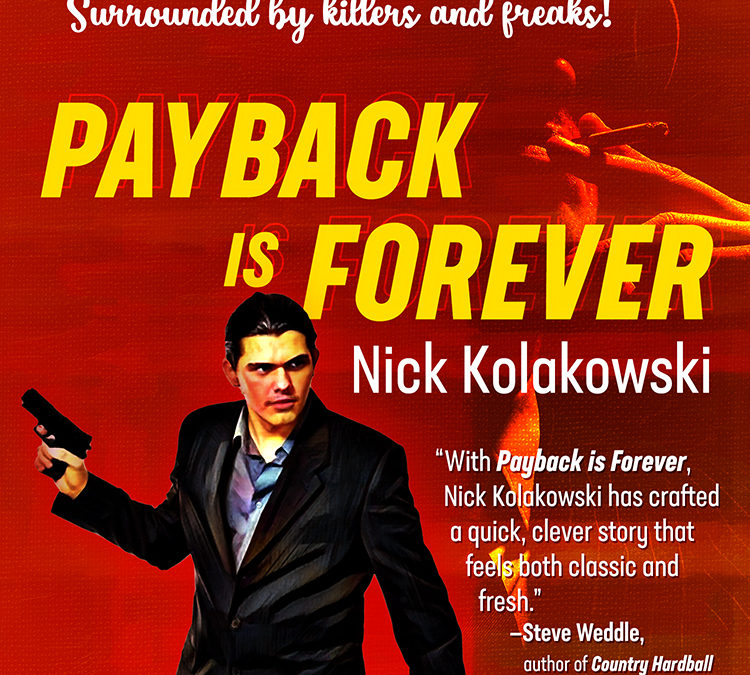When the pandemic started, I spent a lot of time playing around with a software platform called GPT-3, which generates text based on whatever you input into it; newspapers such as The Guardian have experimented with using GPT-3 to produce articles, for example. I uploaded ten years’ worth of my writing into the system, curious if it could imitate my style.
The answer to that question turned out to be “yes.” However, the output was also surreal, dreamlike; as it turned out, GPT-3 could mimic my writing style and word choice, but it had no idea how reality, physics, or human beings actually worked. The result was sentences like this:
“To the kid he was the fat man, sometimes acting like a moron in the heat of battle, blasting what appeared to be nails and a pumpkin at civilians, helping the dead back into the truck.”
Interesting, yes… but I don’t think any writer needs to fear for their job quite yet.
While I was playing around with GPT-3, I was also in the midst of writing a novella that was an homage to Richard Stark’s Parker novels. It was set in the 1960s and involved a master thief named Miller fighting to survive in the wake of a botched amusement park robbery. If you’re a crime-fiction fan, you’ve read that kind of tale before; the Parker novels have spawned hundreds of imitators. I struggled with how to give the proceedings a new twist.
You probably see where I’m going with this: I figured out how to blend my work with GPT-3 into the novella, which is titled “Payback Is Forever,” and comes out this week from Shotgun Honey (paperback is available on your favorite bookselling sites and the Shotgun Honey website, while Kindle is via Amazon). It’s not the first book at least partially written with the assistance of an A.I.—almost forty years ago, William Chamberlain used a software program called RACTER to write “The Policeman’s Beard Is Half Constructed”—but I like to think I’ve stumbled on a particularly organic way to blend man and machine.
If you read it—and I sincerely hope you do—you’ll have to let me know which parts you think were written by me, and which were written by “synthetic me.”

